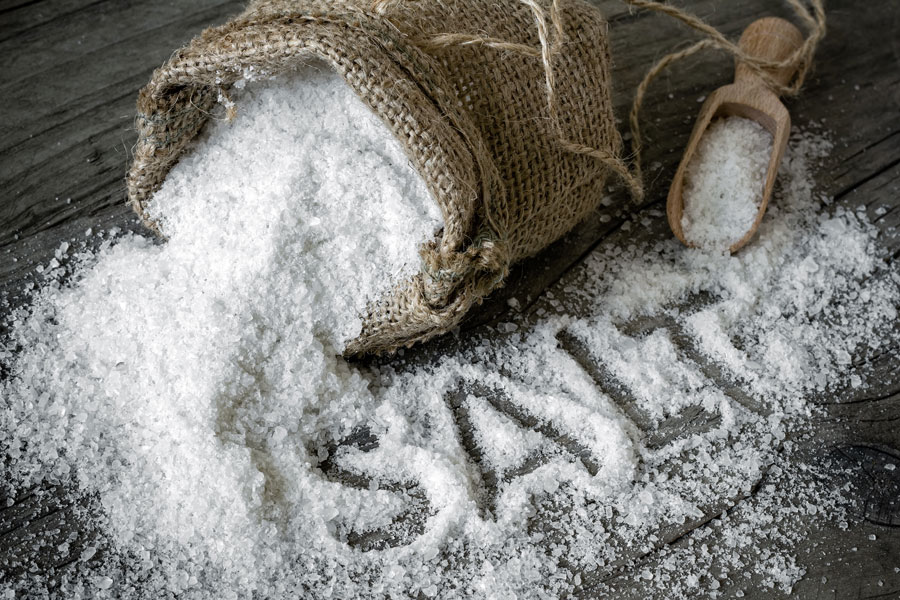Blackcurrant extract: Stat!
Polyphenols are antioxidant plant colors and blackcurrant extract is rich in these natural compounds. According to new animal research published in the British Journal of Nutrition, black currant extract may reduce high cholesterol and high blood sugar. In a mouse study upon which the above paper is based, total (plasma) cholesterol and glucose levels were […]
Blackcurrant extract: Stat! Read Post »

